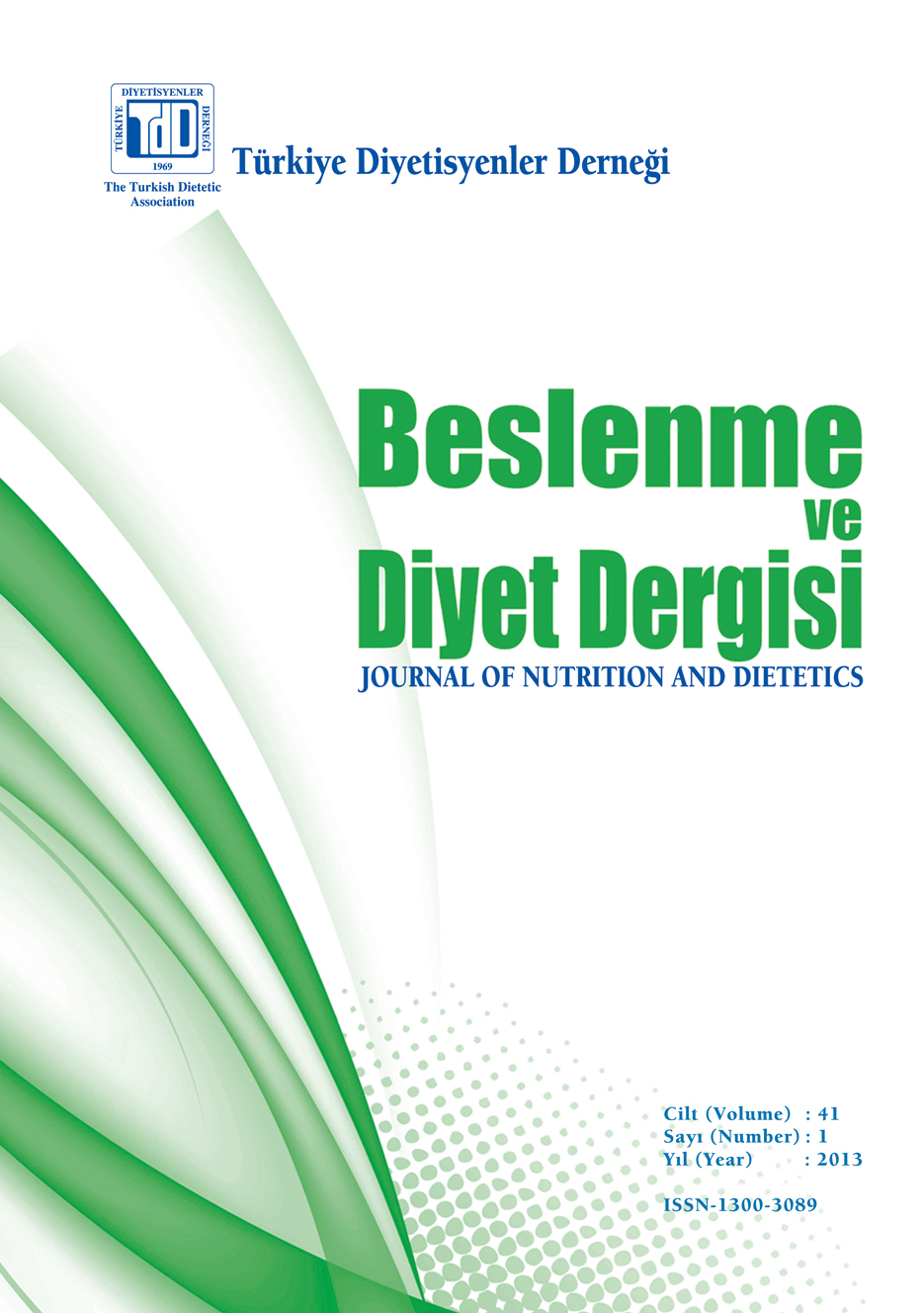The Survey of Ketogenic Diet’s Effects Upon the Number of Seizures on Epileptic Children
Keywords:
Epilepsy, ketogenic diet, seizure numberAbstract
Aim: Ketogenic diet (KD) is a high fat diet which is restricted in carbohydrate and adequate in protein and serves as an alternative treatment for refractory epilepsy. The ketones arise due to restriction of dietary carbohydrates and lead to a decrease in seizure frequency by various mechanisms of action on brain. This study was conducted to evaluate the effects of ketogenic diet on weekly seizure frequency, body weight and some biochemical parameters in children diagnosed with refractory epilepsy. Subjects and Methods: A total of 11 children between the ages of 2-18 year who were having more than 7 seizures per week and experienced a treatment failure with more than 2 antiepileptic drugs. Ketogenic diet adjusted to age and ideal body weight (80% of calories from fat, 10% from protein and 10% from carbohydrates) was applied for 3 months and weekly seizure records were collected at baseline and during study period. Some biochemical parameters and body weights were also recorded at baseline and after 3 months in order to assess the difference caused by the diet therapy. Results: At the end of 3 months, number of weekly seizures decreased significantly by 55.0% (p<0.05). Response to diet therapy (a decrease more than 50%) was 45.5% while two children became seizure free. It was found that children experienced a 7.0% weight loss during the KD treatment (p<0.05). Finally, after 3 months treatment, total cholesterol (12.5%), LDL-cholesterol (8.0%) and triglycerides (16.6%) were increased and AST (-10.7%), serum calcium (-6.9%), serum albumin (-10.5%) and hemoglobin (-2.1%) levels were decreased significantly. Conclusion: The results of this study supported the finding that ketogenic diet is effective in refractory epilepsy by reducing the number of seizures.

